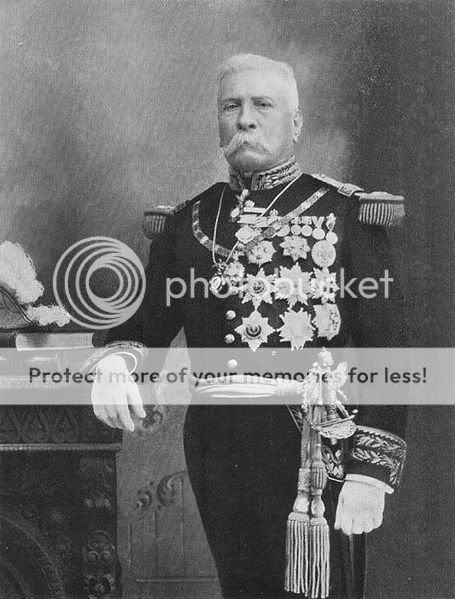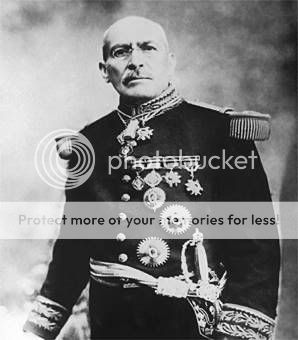American Episcopalians nearly changed the name of the Episcopal Church from the "Protestant Episcopal Church" to the "Holy Catholic Episcopal Church" during a conference in Cinncinnatti. A resolution to do the same failed by one vote. The motion passed 42–25 by the clergy, but declined 31–32 by the laymen.
This vote is actually quite significant as it showed the lingering impact of The Oxford Movement from the mid 19th Century. The Oxford Movement sought to prove that the Anglican Church was in fact part of the Apostolic Churches, like the Catholic and Orthodox Churches, and it advanced High Church Anglicanism as a result. As can be seen by this vote, the clergy was very much of the view that the Episcopal Church was not a Protestant one, but a Catholic one. The movement also had rippled effects in the Lutheran churches via students who had studied during the Oxford era in the United Kingdom. The lasting impacts are very much in evidence today as the Anglican Church struggles to stay together over issues originally raised, to some degree, during the Oxford era.
Presently the church uses two names, The "Protestant Episcopal Church in the United States of America" (PECUSA) and "The Episcopal Church" (TEC).
Interestingly, the more common global name, Anglican, comes from the Magna Carta's statement that "in Anglicana ecclesia libera sit", meaning that in England the church shall be free of government control. That actually doesn't reflect at all how the Anglican Communion came about. The term itself was not used, however, until the late 19th Century as in England it was simply "the Established Church". While it would be speculating, in the late 19th Century parliament began to loosen up on restrictions on Catholicism, and thereafter some identifying term was likely needed for common conversation.
Episcopal, in contrast, derives from the Greek word for Bishop and was always a direct claim of Apostolic succession. The use of the term in the United States dates back to a crisis in the Anglican Church brought about by the American Revolution, as clergymen had been required to take an oath to the Crown and the overwhelming majority of northern clergymen retained loyalty to the Crown as a result. The American church had to find a way to work around this, which ironically to some degree put them where clergymen loyal to the Catholic Church found themselves during the Reformation.
The American Episcopal Church was, for many years, including in 1910, the preeminent Protestant denomination in the U.S. It was not a dissenting church. It's fortunes have declined enormously in the late 20th and 21st Centuries.
It occurs to me that I've known, somewhat, two Episcopal clergymen who reflect the concepts noted above. One was the brother of a friend of mine, which is interesting in that the family was Lutheran. He converted to the Episcopal Church and became an Episcopal Church, and later left the Episcopal Church to become an Anglican of the Anglican Church of North America branch, which I believe he still is. He openly could not remain in the Episcopal Church due to its liberal drift.
The other was a lawyer who was on what seemed to be a continual religious drift. She was a Methodist when I first knew here, converted to Catholicism to marry, and then divorced and became an Episcopalians and then an Episcopal priest. While an Episcopal priest she remarried, which is interesting in that the Episcopal Church does not actually recognize divorce. I don't know if she still serves in that capacity or not, but it's interesting in that it reflects something about the modern nature of the church in which it can become sort of a weak tea version both of its former self and Catholicism.
France lifted an 1875 ban on American potatoes, a measure that had been introduced to combat potato blight.
The first attempt to cross the Atlantic by flight, in this case a dirigible, was commenced. It'd only lasted three days before it went down.
Japan launched the battleship Kawachi. A magazine explosion would sink the ship in 1918.
















